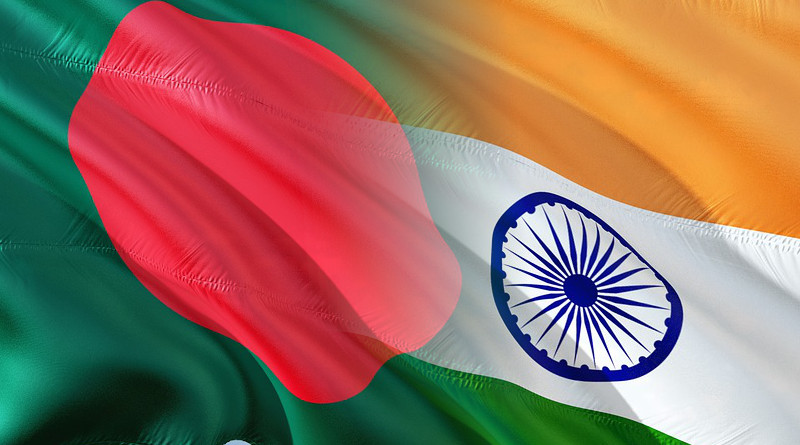Court hears government's claim of ISKCON's "fundamentalist" nature, sparking debate over religious freedom, secularism, and rising tensions within the nation.

ISKCON Branded Fundamentalist: Bangladesh Government Sparks Controversy
In a move that has raised eyebrows internationally, the Bangladesh government labeled the International Society for Krishna Consciousness (ISKCON) a "fundamentalist" group during a court hearing on Thursday. The statement has ignited a fiery debate over religious freedom and secularism in a nation known for its delicate balance of diverse faiths.
Government representatives argued that ISKCON's activities disrupt communal harmony and promote exclusivity, contrary to Bangladesh's secular principles. Critics, however, have questioned the evidence supporting such claims, calling the label a politically motivated attack on a peaceful religious organization.
ISKCON's spokesperson vehemently denied the allegations, emphasizing the organization’s commitment to spreading spiritual teachings and humanitarian work globally. "We have always respected the religious diversity of Bangladesh and worked for the welfare of its people," the spokesperson stated.
Religious scholars and human rights activists expressed concerns over the implications of the government's stance, warning it could set a dangerous precedent. "This could further polarize communities and undermine religious coexistence," said Shakib Rahman, a Dhaka-based human rights advocate.
Observers noted that the government's move might be an attempt to appease hardline groups ahead of upcoming elections. Analysts argue that such rhetoric risks alienating minority communities, threatening Bangladesh's pluralistic fabric.
While the court is yet to deliver its judgment, the case underscores growing challenges to religious harmony in the region. The verdict could mark a turning point for how minority religious groups are perceived and treated in the country.